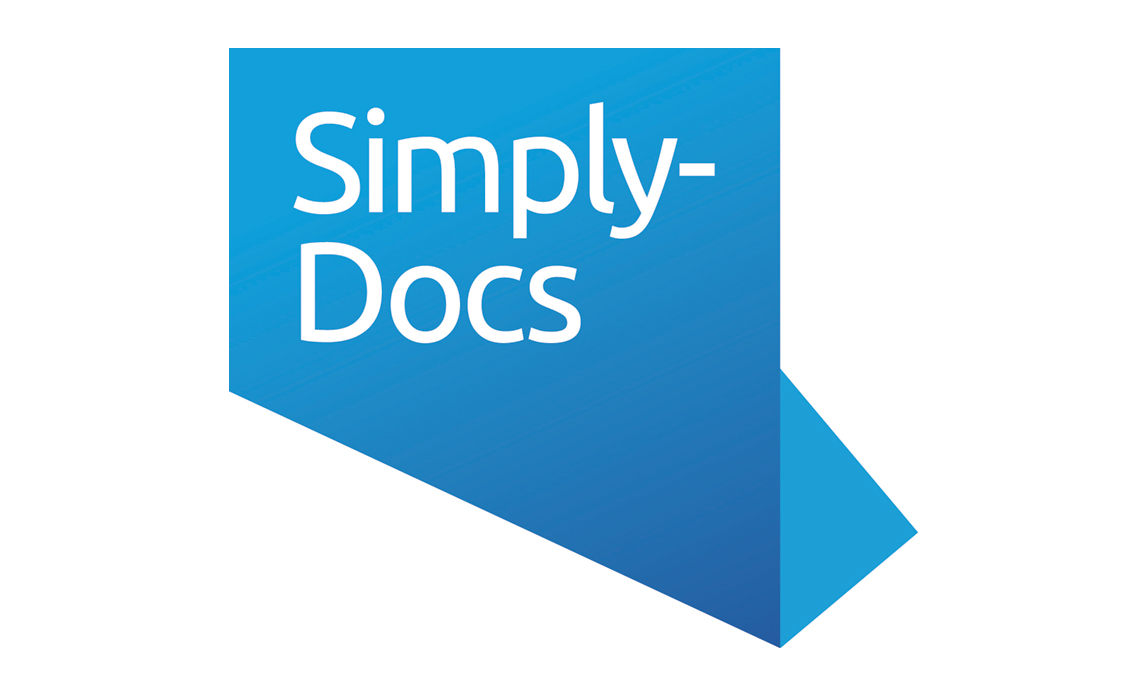
Some of the key areas where legislation is likely to affect your limousine hire business are listed below.
Insurance for a limousine hire business
Just about any motor vehicle that's used to carry paying passengers in the UK needs to be licensed. The type of licence required depends on how many seats the vehicle has and the type of transport provided.
Limousine licensing is quite complicated and can vary from one area to another. What's more, until relatively recently some cowboy operators exploited loopholes in the regulations to work without any licensing. However, changes to the licensing regime mean that all limousines must now be licensed in one of the following two ways:
- private hire vehicle (PHV) licensing
- public service vehicle (PSV) licensing
The only exemption is for cars that are exclusively used for weddings and funerals - these don't need to be licensed.
The National Limousine and Chauffeur Association (NLCA) campaigns for a standardised limousine licensing regime throughout the UK. It can advise its members on making sure they are properly licensed.
Private hire licensing
The huge majority of limousines operating legally in the UK are licensed and regulated as private hire vehicles - the same as minicabs.
In most parts of the UK drivers, vehicles and operators of private hire vehicles are licensed individually. This applies to 'ordinary' limousines - large luxury saloon cars like Mercedes - and potentially to vintage vehicles like old Bentleys. The only exceptions from these licensing requirements are vehicles that are used solely for wedding and funeral transport.
These licensing requirements also apply to stretched limousines that aren't licensed under the PSV system (the majority of them). In many but not all parts of the UK, local authority private hire licensing allows stretched limousines to carry up to eight passengers.
Local authorities generally require anyone who accepts or invites bookings for private hire vehicles to have a private hire operator's licence. Private hire vehicles must normally be licensed too, and licences are only issued after a successful vehicle inspection. Imported stretched limousines may only be licensed if a single vehicle approval (SVA) certificate can be produced.
Around 95% of local authorities also license private hire drivers. This typically involves a Disclosure and Barring Service (DBS) check and a medical fitness check. Drivers must of course hold a valid driving licence.
For more information about private hire licensing in your area contact your local authority. Transport for London (TfL) oversees private hire licensing in London, while the Road Transport Licensing Division (RTLD) of the Department of the Environment does this in Northern Ireland.
You can read guidance on operating limousines - including stretched limousines - as licensed private hire vehicles on the Gov.uk website.
PSV licensing
Some imported stretched limousines are capable of carrying more than eight passengers. If you want to use one for this purpose then you will need to be licensed as a PSV operator. PSV Operator's Licences are issued by the Driver and Vehicle Standards Agency (DVSA). You can find out more about PSV operator licensing on the Gov.uk website.
You can only register and use an imported stretched limousine as a PSV if it has a Certificate of Initial Fitness (CoIF). Most don't because they don't comply with the standards, but it is possible to get certain models that do. There are strict requirements for PSV licence holders, including stringent regular vehicle checks.
Drivers of stretched limousines that carry more than eight passengers require a passenger carrying vehicle (PCV) driving licence.
You can find out more about operating stretched limousines as public service vehicles (PSVs) on the Gov.uk website.
Other licences
Your vehicles must be properly registered and must have a current vehicle excise duty licence (road tax). All drivers must hold an appropriate driving licence.
You might be planning to offer your customers drinks such as beer, wine and champagne - in which case you must make sure you have the appropriate licences from your local licensing authority to supply alcohol, even if you're only supplying it on a very occasional basis in small quantities.
If you plan to play music in your vehicles you will need to obtain a Music Licence from PPL PRS Ltd. There is an annual fee for the licence which is likely to be determined by the number of seats in the vehicle.
If you use two-way radios for drivers to keep in touch with base, then you must obtain a radio licence, for which there is an annual fee. The fee will vary according to the number of mobile units you have. Details are available from Ofcom.
If you keep computerised records of individuals' personal information and/or use CCTV in your vehicles or premises you may be required to register as a data user with the Information Commissioner's Office (ICO).
Limousine hire legislation
Legislation covers the construction and use of limousines for public transport purposes on UK roads. You will need to make sure that all your vehicles comply with the current legislation and are properly registered. You must be appropriately licensed as an operator and you must stick to the conditions of your operator's licence. Only limousines used solely for wedding and funeral work are exempt from the licensing requirements. You can read more about using limousines for public hire on the Gov.uk website.
As with any other vehicle, your limousines must comply with the normal driver and vehicle regulations. They must be roadworthy, taxed, and have a valid MOT test certificate. They must also be insured for hire and reward use.
 Hire and rental terms and conditions
Hire and rental terms and conditions
Save £5 and pay £33.50 for a year's access to 890 business document templates. Use code SLD7948.S
Hire contracts
There is a large amount of legislation covering the sale and supply of goods and services, consumer contracts and rights. You should draw up a standard contract of hire to use each time you hire a limousine. Using a sound contract is vital in order to avoid misunderstandings and resolve any disputes that may arise.
Other requirements
There are various other legal matters that apply specifically to limousine hire businesses, including:
- large limousines fall under the EU Drivers' Hours rules and will have to be fitted with a tachograph - make sure you take this into account when you buy a vehicle
- speed limiter regulations apply to passenger vehicles with over eight seats weighing no more than 7,500 kg gross weight
- small limousines will need an MOT at least once a year and may have to have other inspections, depending on the Local Authority. Because of their size you might find it difficult to find an MOT garage that can cope with a limousine so you may need to use the facilities of your Local Authority or VOSA test station
- seat belt regulations apply and in most cases the correct use of seat belts is the responsibility of the driver. Note that children under 135 cm tall who are also under 12 years old cannot use side-facing seats, but must use a forward- or rear-facing seat
- drivers must have the correct licence for the size and use of the vehicle, either a category B, D or D1
More detailed information on these regulations can be found on the Gov.uk website.
Workplace smoking ban
Smoking is not permitted in public places, including workplaces, limousines and chauffeured cars. You must display appropriate 'No Smoking' signs in your vehicles and at your premises. The legislation varies slightly in different parts of the UK so contact your local authority for details of how the ban affects you. You can also find out more on the HSE website.
Health & Safety, fire
You must comply with workplace health and safety and fire safety legislation.
Employment legislation
Anyone employing staff must comply with employment legislation. Important areas of legislation include recruitment, employment contracts, pay, working hours, holidays, employment policies, sickness, maternity, paternity, discrimination, discipline, grievances, dismissals, redundancies and employment tribunals.
Insurance for a limousine hire business
Contact an insurer or insurance broker and explain exactly how your business will operate - they will then explain what insurance cover you must have by law, and other cover you should consider. This might include:
- hire and reward motor insurance for your limousines
- employer's liability
- public liability
- premises and premises contents
- cash
- business interruption
- personal cover - accident and injury, loss of earnings and so on



